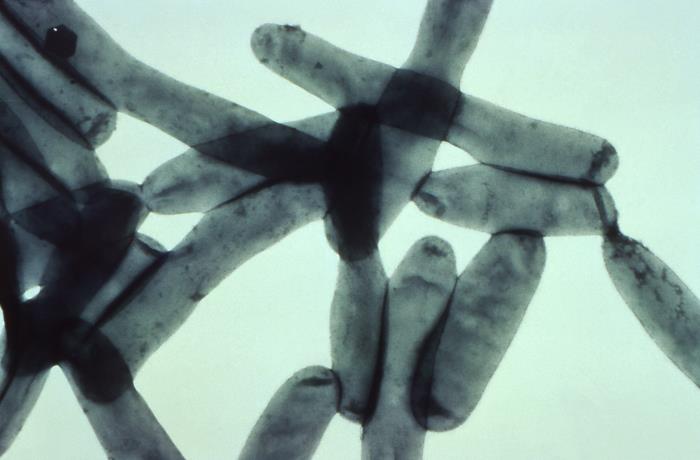Just months after the Legionnaires’ disease outbreak at São Francisco Xavier Hospital in Lisbon ended, another Lisbon area hospital is reporting an outbreak of the bacterial infection.

Health authorities of Portugal confirmed today that there are seven cases of Legionella reported at the CUF Descobertas Hospital in east Lisbon, according to a La Vanguardia report (computer translated).
The six female and one male patients are reported in stable condition and being treated for the infection.
A team of nurses of the medical center is responsible for this task, which consists of contacting about 800 patients who are estimated to have been treated between the 6th and 26th of this month, when the outbreak was triggered, to check if they present the symptoms of legionellosis, according to the report.
LISTEN:
Legionnaires’ disease is caused by the bacteria Legionella. Symptoms include fever, cough, chills, muscle aches, headache, fatigue, loss of appetite, confusion and diarrhea. Symptoms usually appear two to 10 days after significant exposure to Legionella bacteria. Most cases of Legionnaires’ disease can be traced to plumbing systems where conditions are favorable for Legionella growth, such as cooling towers, whirlpool spas, hot tubs, humidifiers, hot water tanks, and evaporative condensers of large air-conditioning systems.
Legionnaires’ disease cannot be spread from person to person. Groups at highest risk for Legionnaire’s disease include people who are middle-aged or older, especially cigarette smokers, people with chronic lung disease or weakened immune systems and people who take medicines that weaken their immune systems (immunosuppressive drugs). Those with symptoms should call their doctor and ask about testing for Legionnaire’s disease.
Become an Outbreak News Patron

